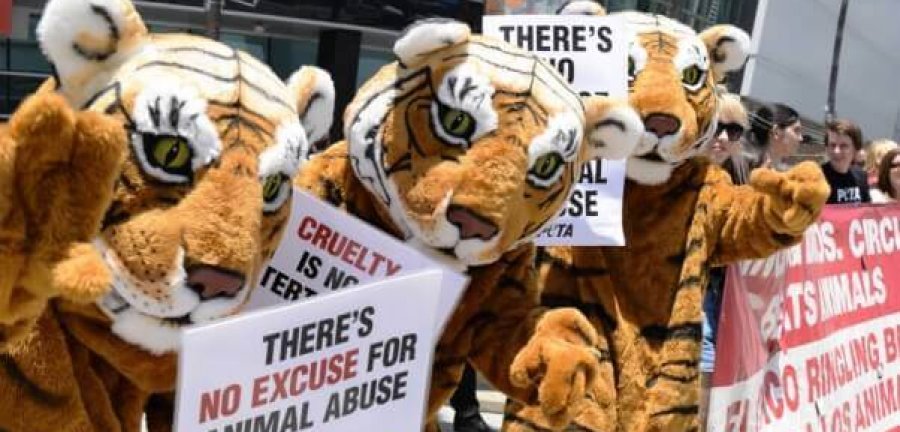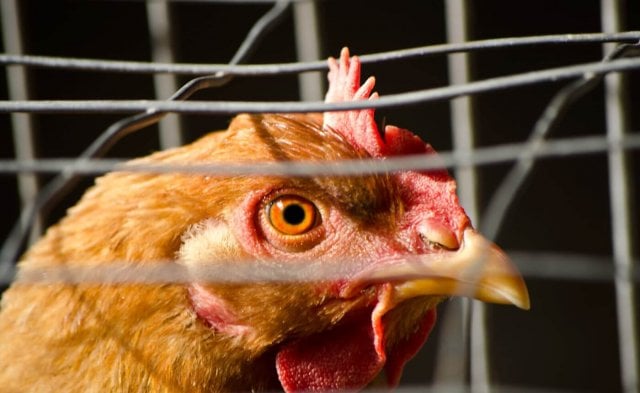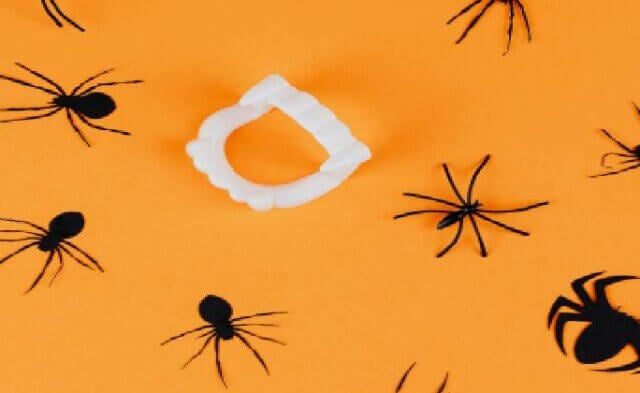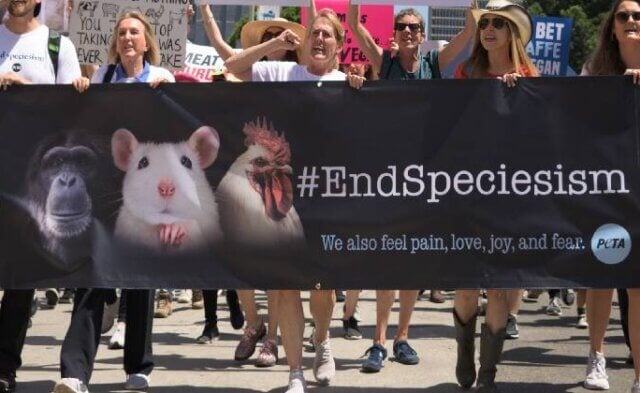
Phineas Taylor “P. T.” Barnum 1851.
You’ll see plenty of singing, dancing, and whitewashing in the 2017 film The Greatest Showman, but you won’t see an accurate depiction of a devastating fire that ripped through P.T. Barnum’s American Museum over 150 years ago, leaving scores of terrified, captive animals dead—including two whales—and sending others running loose on the streets of 1865 New York City in the pandemonium that followed.
A century before SeaWorld began capturing whales from their ocean homes and displaying them in tiny tanks, Barnum was trying—and failing—to confine belugas stolen from the Atlantic Ocean to crude enclosures in his American Museum in New York City. The first two whales taken to the facility died within two days of arrival. Those who were trapped in tanks on the day of the fire faced an even more gruesome fate. Historians.org said this about the event:
As fire consumed the American Museum in the summer of 1865, the salt water in the whales’ tank started boiling. Someone broke its inch-thick glass wall in hopes that the cascading water would quench the flames. Instead, the two beluga whales—captured in Canada only one week prior—were beached on a scorching floor before plunging to the street below as the building began to collapse. The scene was grisly, but newspapers like the New York Herald recounted the story with glee, peppering the reporting with phrases like “boiled whale.” The carcasses lay rotting for several days on Broadway, far too heavy to dispose of quickly.
Using animals for human “entertainment” is wrong. It was wrong in 1865 when Barnum’s museum caught fire, and it’s wrong today. The dark legacy of “The Greatest Showman” has lasted for generations, reducing animals to mere props in the eyes of many Americans. But today, thanks to eye-opening documentaries like Blackfish and because of the tireless work of PETA and millions of conscientious people around the world, a massive shift in public opinion is underway.
People know that using animals in circus acts and keeping them in captivity harms both their physical and mental well-being. Consumers are staying away from marine parks and circuses that use animals. You can join them in doing this. Let’s relegate Barnum’s shameful legacy of exploiting animals (and humans) to the history books where it belongs and embrace a future in which no living being is degraded just to sell a few tickets.







